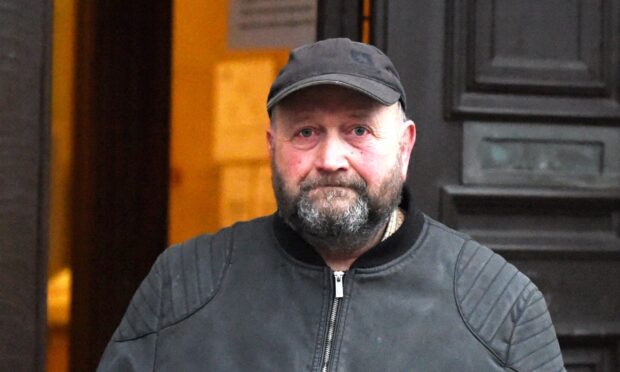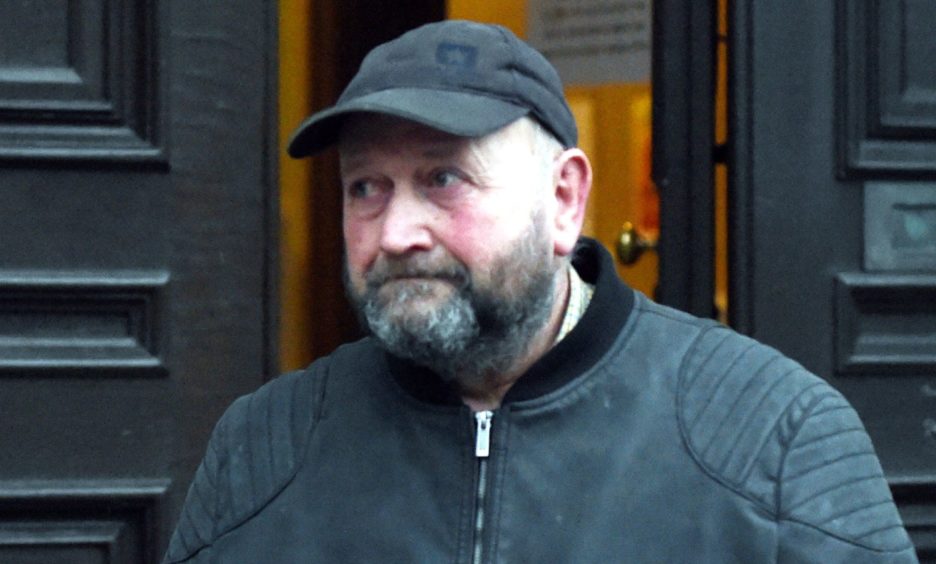A woman who claimed she had a “close relationship” with a north-east farmer who died without a will is not entitled to inherit most of his multi-million-pound estate, a court has ruled.
William Cassie, who was in his late 60s, died on January 27 2023, leaving behind an estate worth at least £2.6 million.
On November 17 2023, a court appointed his sister Lorna Mary Cassie to administer the estate in the place of an executor as there was no will.
However, Louise Wyllee Davies – who the court was told met Mr Cassie in 2010 and “enjoyed a close relationship” with him – went to the Court of Session claiming he had “on many occasions” told her and others that “most” of his estate would be passed to her.
A judge in Scotland’s supreme civil court considered arguments from both sides of the case, which focused on whether Mr Cassie had made a clear, unambiguous promise that he intended to be legally binding.
Woman wanted most of farmer’s estate handed to her, or £3.5m payment
The Court of Session was told that Mr Cassie owned Portstown Farm, Inverurie, Skares Farm in Huntly and land in Caithness.
Ms Wyllee Davies – known as the pursuer in the case – asked the court to:
- Order Lorna Mary Cassie – the defender – to deliver certain “moveable” items (or make payment in lieu)
- Declare that Mr Cassie promised her most of his estate
- Order that Mr Cassie’s sister transfer the estate to her or pay her £3.5m
The court heard that in 2015 or 2016, Mr Cassie met a solicitor in the presence of a friend named Donna Parlay.
He told the lawyer that he wished for Ms Wyllee Davies to inherit “some” of his estate, including land in Caithness and at Skares Farm in Huntly.
Another friend, Stephen Taylor, who had helped Mr Cassie with farm work, was told by the farmer “on more than one occasion” that Ms Wyllee Davies would “inherit Skares Farm and the remainder of his estate”.
However, on “other occasions”, Mr Cassie told the same friend that “his money and a vehicle on the farm would be included in [Wyllee Davies’] inheritance.”
The court was also told that Mr Cassie had told Ms Wyllee Davies’ partner Gary Anderson that “Skares Farm would belong to [her] ‘at the end of the day’.”
In another instance, Mr Cassie told the partner that “[Wyllee Davies] would ‘keep the farms’.”
Another farm assistant, Adam Wood, was told by Mr Cassie that Ms Wyllee Davies “would inherit livestock at Skares Farm, while on other occasions, he told Mr Wood that she “would inherit his estate”.
Judge sides almost entirely with farmer’s sister
Mr Cassie’s sister argued that if her brother had truly decided what he wanted to happen to his property after his death, he would have made a will or expressed that intent clearly.
Her legal representation argued that the evidence offered by Ms Wyllee Davies failed to meet the required legal standard to be considered legally sound promises and so should be excluded from probation.
However, during proceedings, her senior counsel “came to accept” that Ms Wyllee Davies’ claim for delivery of “a number of items of moveable property” was “sufficiently relevant and specific to be admitted to probation”.
The judge mostly agreed with Lorna Mary Cassie, significantly ruling against Louise Wyllee Davies.
He also found little to no indication of when the alleged discussions happened.
“There are no clear words constituting a promissory obligation,” the judge repeatedly concluded after examining a collection of statements said to be made by Mr Cassie.
‘No clear and unambiguous words of the deceased’
Lord Colbeck dismissed Ms Wyllee Davies’ claims that the deceased promised her his estate and that it should be transferred to her.
He wrote: “Since any promissory obligation is intention-based, the court’s task is to consider whether the pursuer’s averments, objectively assessed, disclose an intention on the part of the deceased to incur a legally binding engagement.
“In this case, they do not. A promise is binding only if the promisor’s own words are clear and unambiguous.
“The pursuer avers no such clear and unambiguous words of the deceased.”
However, the judge granted a hearing to consider Ms Wyllee Davies’ arguments for specific moveable items to be delivered to her, or payment in lieu.
Lord Colbeck also ordered Ms Wyllee Davies to pay Mr Cassie’s sister’s legal costs.

